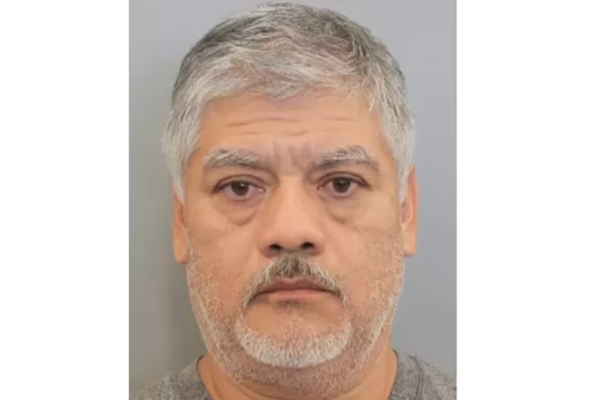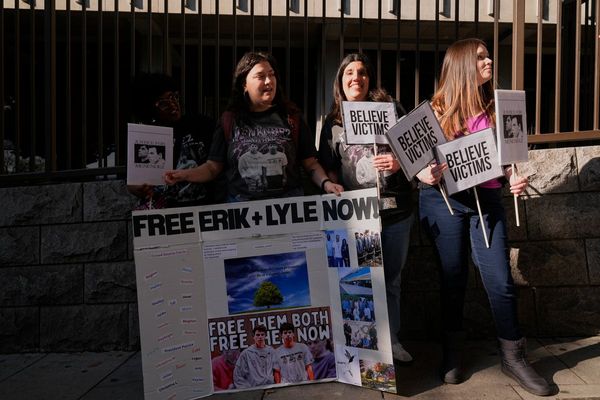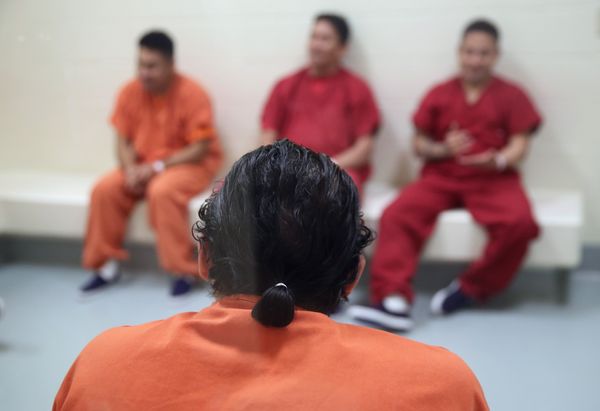Neurocrine Biosciences stock plummeted Wednesday after the company announcing midstage test results for a schizophrenia treatment that lags drugs from Bristol Myers Squibb and AbbVie.
The study actually succeeded. Neurocrine's daily pill, dubbed NBI-1117568, led to statistically significant improvements in positive and negative symptoms after six weeks. Positive symptoms are changes in thought or behavior. Negative symptoms are when a patient withdraws from the world around them.
But the improvements paled in comparison to the results from studies of Bristol's KarXT and AbbVie's emraclidine. The Bristol drug could gain Food and Drug Administration approval as early as next month. Bristol paid $14 billion in cash and equity to buy Karuna Therapeutics, the maker of KarXT. AbbVie's emraclidine comes from its $8.7 billion takeover of Cerevel Therapeutics.
Neurocrine Biosciences stock tumbled 18.9% to 123.76. Shares fell to their lowest point since last December, and undercut both their 50-day and 200-day moving averages. Bristol Myers stock rose 2% to 49.06, while AbbVie stock closed mostly flat at 195.40.
Neurocrine Biosciences Reports Subpar Results
To determine the effectiveness of Neurocrine's drug, researchers pitted it against a placebo. After six weeks, they measured responses on the Positive and Negative Syndrome Scale. The scale ranges from 30 to 210 points, with higher scores indicating more severe symptoms.
Patients who received Neurocrine Biosciences' treatment had a 7.5-point improvement over the placebo group. But Bristol's drug, KarXT, showed 11.6-point improvements over the placebo in a pair of studies. AbbVie's emraclidine outperformed its placebo by 12.7 points and 11.1 points.
William Blair analyst Myles Minter noted the placebo group did exceptionally well in Neurocrine's study, improving by 10.8 points vs. the 18.2-point improvement from NBI-1117568 recipients. But that's "unsurprising." All three drugs use a similar mechanism to treat schizophrenia.
"While we are positive on the effect size demonstrated by NBI-'568, we anticipate weakness given the placebo-normalized PANSS score improvement of 7.5 is notably below others in the space and below what investors had been anticipating based on these trials (9-plus points) and what management had suggested at prior investor conferences of around 8 points," he said.
Secondary Goals Also Lag Expectations
Negatively, patients given a higher dose of Neurocrine Biosciences' drug didn't have stronger responses. The Neurocrine treatment also didn't show a benefit on three additional scales.
But the safety aspects looked relatively clean, analysts said. Still, that leaves doubt as to where NBI-1117568 fits into the treatment paradigm, Leerink Partners analyst Marc Goodman said in a report. Bristol's KarXT has been linked to several side effects. In a long-term pooled analysis of study data, 62% of participants experienced a side effect in Bristol's studies.
"There are plenty of low (effectiveness) schizophrenia drugs with cleaner safety profiles, so we are not sure how that plays out" for Neurocrine Biosciences' drug, Goodman said. Still, he expects this drug class will be "a significant market opportunity and Neurocrine appears to have a drug to participate."
Neurocrine stock fell by double digits, apparently wiping out any valuation for this drug class. But that appears overdone, he added.
"This is still a viable product, although it may likely drive a lower peak sales opportunity than expected, but that is yet to be determined," he said.
Goodman kept his outperform rating on Neurocrine Biosciences stock.







